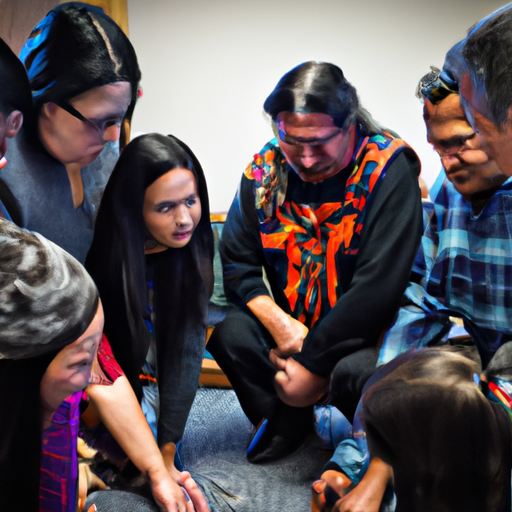“`html
Indigenous Communities Respond to Canadian Opioid Crisis
The negative impacts of the opioid crisis have touched nearly every corner of the world, and Canada is no exception. In recent years, Canadian authorities and community organizations have sought to establish accessible and culturally appropriate resources for those battling opioid addiction. A fascinating example comes from Yukon’s Indigenous community, which shows how local, community-centered approaches can help fight this crisis.
The Opioid Crisis and Its Effects
The opioids epidemic has created complicated ripple effects through our communities, often exacerbating existing social and health issues such as homelessness and crime. The opioid class action lawsuits in Canada have drawn attention to the crisis, but while legal measures are vital, they must be coupled with rehabilitative resources to fully address the problem at hand.
Yukon’s Indigenous communities, which have been significantly affected by the opioid crisis, represent a stark example of these impacts. Increased drug use has amplified issues with homelessness, crime, unemployment, and family disintegration. At the same time, these communities’ unique cultural and historical contexts require nuanced solutions that recognize and respect their indigenous heritage.
Indigenous-led Solutions
Tackling these complex issues is the new Indigenous-led detox and substance use treatment centre slated to open soon in the Yukon Territory. The centre will offer medical detox services as well as inpatient and outpatient programs while focusing on culturally safe care. The facility will also act as a training hub, promoting education and creating employment opportunities within the community.
Key Features of the Project
- Culturally safe care: The centre aims to create a safe space for indigenous peoples to receive addiction treatment while honouring and respecting their cultural roots and traditions.
- Comprehensive treatment approach: The centre is designed to offer medical detox services and inpatient and outpatient treatment programs, ensuring a wide range of care options.
- Community reinforcement: The centre plans to act as a training hub, promoting community education and creating employment opportunities within the region.
Naloxone and Harm Reduction
To combat deadly overdoses, this innovative treatment facility will also focus on distributing naloxone – a medication designed to swiftly counteract the life-threatening effects of an opioid overdose. This is part of the broader harm reduction approach, an essential component of any effective response to the opioid crisis. Harm reduction measures not only save lives but also create opportunities for broader discussions around drug use, addiction, and societal responses.
Conclusion
Yukon’s Indigenous community-led detox and substance use treatment centre challenges us all to view the opioid crisis through the lens of cultural respect and sensitivity, comprehensive care, and community involvement. It exemplifies how local, community-focused interventions can play an instrumental role in addressing the complexities of the opioid crisis. These approaches should be lauded and replicated to meet the unique needs of other communities grappling with similar struggles nationwide.
Addressing the opioid crisis effectively requires strategic action on multiple fronts – from legal actions like the opioid class action to crucial resources such as naloxone. But beyond these immediate responses, initiatives like this detox and substance use treatment centre are crucial for sustainable recovery and health. They provide educational and employment opportunities, restoring dignity to individuals and rebuilding communities ravaged by the effects of opioid misuse.
“`


